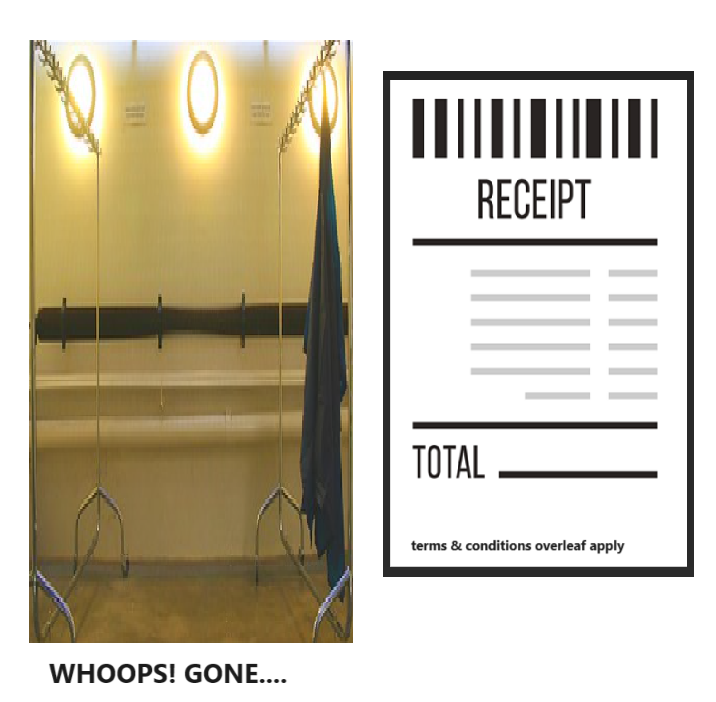Parker v. The South Eastern Railway Company [1877] 2 C.P.D. 416
Citation:Parker v. The South Eastern Railway Company [1877] 2 C.P.D. 416
Rule of thumb 1:Can a contract have a clause referring to terms & conditions in another document or place, such as the back of the document, as being included in the contract? Yes, it is possible to enter contract clauses like this.
Rule of thumb 2:Is a person expected to read a big long list of terms and conditions? No, a consumer is not expected to read excessively long terms & conditions; a business is however.
Rule of thumb 3:Are people who hold other people’s property on deposit allowed to have clauses limiting damages to no more than a certain amount valid terms? Yes, these are valid conditions which a Court will enforce if they are fairly brought to the attention of the person.
Background facts:
The basic facts of this case were that a person deposited their goods in a railway cloakroom. They were given a long list of terms and conditions in the contract, one of which stated that additional terms & conditions on the back of the ticket had to be read, and the terms on the back limited liability for loss or damage to no more than £10. The goods ended up disappearing.
Parties argued:The railway cloakroom refused to pay the depositor more than £10 relying on their limitation of liability clause.
Judgment:
The Court in this case stated that if an individual is handed a contract in the course of the transaction and onerous terms are not brought to their attention they are entitled to assume that there are no onerous terms within it, however, if they are brought to their attention, then the person not taking the time to read them is not an excuse. The Court also confirmed the distinction in this matter between business contracts and contracts between a business and the public at large – the public at large must have terms more clearly highlighted to them than businesses. The Court further confirmed that limitations on liability were valid terms. In this case a retrial was ordered so that it could be ascertained whether the conditions were fairly drawn to the attention of the depositor or not.

Ratio-decidendi:
‘Now, I am of opinion that we cannot lay down, as a matter of law, either that the plaintiff was bound or that he was not bound by the conditions printed on the ticket, from the mere fact that he knew there was writing on the ticket, but did not know that the writing contained conditions. I think there may be cases in which a paper containing writing is delivered by one party to another in the course of a business transaction, where it would be quite reasonable that the party receiving it should assume that the writing contained in it no condition, and should put it in his pocket unread... The railway company must, however, take mankind as they find them, and if what they do is sufficient to inform people in general that the ticket contains conditions, I think that a particular plaintiff ought not to be in a better position than other persons on account of his exceptional ignorance or stupidity or carelessness. But if what the railway company do is not sufficient to convey to the minds of people in general that the ticket contains conditions, then they have received goods on deposit without obtaining the consent of the persons depositing them to the conditions limiting their liability’, Mellish LJ
Warning: This is not professional legal advice. This is not professional legal education advice. Please obtain professional guidance before embarking on any legal course of action. This is just an interpretation of a Judgment by persons of legal insight & varying levels of legal specialism, experience & expertise. Please read the Judgment yourself and form your own interpretation of it with professional assistance.

